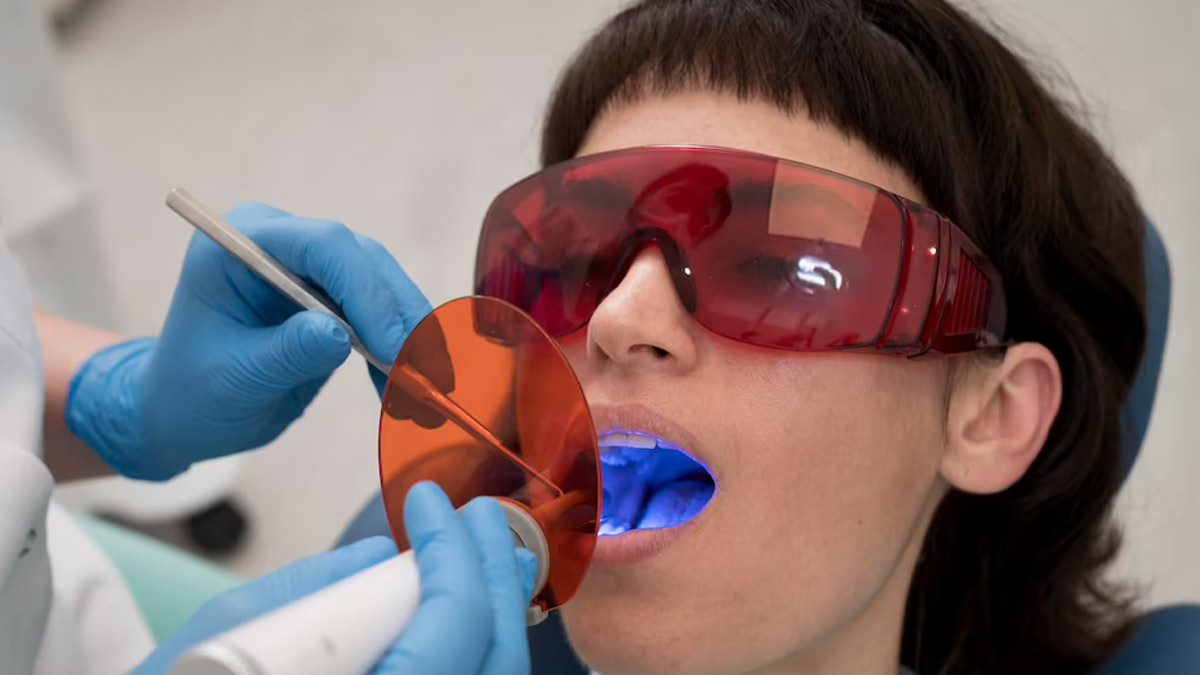
Lymph nodes are tiny bean-shaped glands found throughout our bodies that play an important function in our immune system. They function as filters, capturing and removing poisons, pathogens, and debris. When these nodes enlarge, it usually indicates that your body is fighting something.
Table of Content:-
Causes of Lymph Node Swelling
Swollen lymph nodes can be caused by various factors, some harmless and others requiring medical attention. Common causes include:
- Infections: Colds, flu, tonsillitis, ear infections, and even common skin infections can cause nearby lymph nodes to swell.
- Inflammation: Conditions like arthritis, lupus, and certain autoimmune diseases can trigger lymph node swelling.
- Allergies: Allergic reactions to food, pollen, or medications can also cause temporary swelling.

Home Remedies for Mild Swelling
While some cases require medical intervention, for mild swelling caused by infections or allergies, you can try these home remedies:
- Warm compress: Apply a warm compress to the affected area for 15-20 minutes several times a day. This can help reduce inflammation and discomfort.
- Rest: Getting plenty of rest allows your body to focus its energy on fighting the infection.
- Hydration: Staying hydrated helps flush out toxins and keeps your lymph system functioning properly.
- Pain relievers: Over-the-counter pain relievers like ibuprofen or acetaminophen can help manage discomfort.
Also read: What Does A Swollen Lymph Node Feel Like: Know The Causes And Treatment Options
When to Seek Medical Attention
However, it's important to remember that these are just home remedies for mild cases. If you experience any of the following, consult a doctor immediately:
- Fever: A high fever, especially accompanying persistent swelling, could indicate a serious infection.
- Redness or tenderness: If the swollen area is red, hot, or very tender to touch, it might be a sign of bacterial infection.
- Rapidly growing swelling: A sudden increase in swelling, especially without an obvious cause, should be checked by a doctor.
- Unexplained weight loss: Weight loss alongside swollen lymph nodes could be a symptom of certain cancers.
Also read: Expert Explains The Types And Diagnosis Of Lymphoma
Early diagnosis and treatment are crucial for most conditions, especially those causing lymph node swelling. Don't hesitate to seek professional medical advice if you have any concerns.
Disclaimer: This article is for informational purposes only and should not be construed as medical advice. Always consult a qualified healthcare professional for diagnosis and treatment of any medical condition.
Also watch this video
How we keep this article up to date:
We work with experts and keep a close eye on the latest in health and wellness. Whenever there is a new research or helpful information, we update our articles with accurate and useful advice.
Current Version